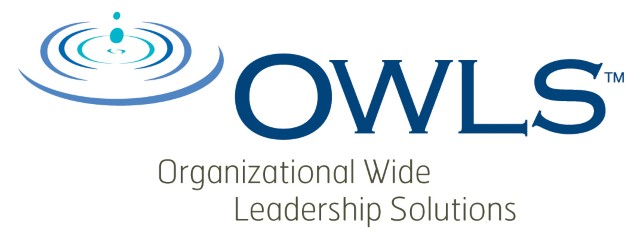I am standing in a parking lot, staring up at a dark outline that frames the crown of the Bridgers. The peak of Mount Sacagawea is miles above and beyond where I’m standing. I lean on my pickup, take a swig of coffee and psyche myself up for this pre-dawn start to a day of solo hiking.
At my feet is a daypack. In the back of my pickup is a pile of stuff that will never fit into the pack, even if the whole mess was run through a trash compactor.
This is the point of discernment. A time to stop and weigh the benefits and liabilities of each piece and parcel I will tote along on the trip. There are walking sticks and a nice selection of hats and outerwear.
There is an arsenal of electronics and related gear including still and video cameras, a tape recorder, cell phone and binoculars. There are assorted snacks and water containers. I have notebooks, bird and wildlife references and a guide to surviving in the wilderness with an appendix on building cabins using a pocketknife.
Finally, there are ropes, the pocketknife, a hatchet and one can opener. The one thing I don’t have to think about taking along is the can opener. I learned many wilderness trips ago that, intended or not, the can opener will always be left behind.
Actually, this discernment process is an exercise in letting go as I pick the things I can’t be without and leave behind the stuff that is just baggage. I look down the little trail that wends up and off into the boulders and trees. It is a thin, rocky ribbon that leads away into the northwest, and up toward the summit which is my destination. It is a living road that waits patiently while I struggle with discerning what I will haul along.
When I left home, most of what I brought I had considered essential before tossing it into the pickup. But now, with the available space shrinking from a pickup bed to a pack, I rethink my definition of essential.
“Leave all things behind,” the words bubble up from inside, “and come and follow.”
Every spiritual path— career development and entrepreneurship included— asks would-be hikers to leave some thing, or every thing, behind before setting out along its course. All require a turning away from business as usual and toward a new way of being. They ask us to reevaluate what is necessary and what is baggage in an act of faith; a kenosis that is a process of cleansing.
Some of these paths use the language of attachments, saying that the alienation we suffer in life results from our anxiety about the future and our past conditioning.
Others tell us there can be no resurrection without dying; no transformation without leaving all things behind. And still others, that the things we take for reality are merely reflections of what is lasting; snapshots of a dancing cosmos that is ever reaching toward evolving consciousness.
Picking through the pile of stuff still spread out in the bed of my pickup, I’m thankful that my modest pack has forced this process of discernment. And, I wonder about the extra baggage I haul along with me, every day of my life, never thinking about the cost of dragging myself around while strapped to it’s dead weight.
Some of us walk around all bound up either by shirts or beliefs that have been too heavily starched. We are held in place unable to breath, change or rid ourselves of things that are no longer useful.
The womb has become a tomb but still we refuse to turn toward new life. We cling to the ruts because, despite the pain they cause they are still, after all, our ruts.
There is a parable about a breed of monkeys that natives trap by cutting hand-sized holes in hollow logs and filling the logs with bait. The holes are cut to such a size that the monkeys can slip their empty hands into the holes but, with fists clenching the food, the monkeys are unable to pull their hands free. Rather than let go of the food, the monkeys hold on with clenched fists and are easily captured. Not only will the food never nourish them, it will also be the instrument of their death.
Leaving all things behind, taken literally, strips us of quite a bit of the dictionary. It wipes out every noun; every thing we take for solid, unchanging, able to be contained. But losing the illusion that we have tangled up with nouns is not necessarily bad. Biologists tell us that another word for equilibrium is death.
What does all this have to do with business? Simply this, when you’re ready to walk into a new venture– a business start up, a new job or even a different position with your current organization– instead of placing all the emphasis on what you’re bringing to the table, spend some time evaluating those things that are better left behind. Old habits, attitudes and assumptions that may or may not have served you in the past but surely are better unpacked and set aside now.
It has been more than an hour since I arrived at the trailhead. Finally and thankfully, I have packed my selections but they are still more than I ought to carry. Then, I remember the words of the desert hermit named Serapion who, when asked what he had done with his favorite book of scripture, said, “I have sold the book that told me to sell all that I had.”
So, I toss aside my cameras, recorders, cell phone and notepads and, now carrying only the essentials, I head off, determined to follow this way and this narrow path to the summit.
by James M. Grossman

